In a time when third-party cookies are disappearing and privacy laws are tightening, the value of first-party data has never been clearer. For restaurant brands especially, this shift opens a powerful opportunity: to build deeper, direct relationships with your customers—without relying on middlemen.
What is First-Party Data (and Why Does it Matter)?
First-party data is information you collect directly from your customers through owned touch points like your online ordering platform, app, or loyalty program. Unlike third-party data (which you buy or access through other platforms), first-party data is reliable, permission-based, and fully compliant with privacy laws like GDPR and CCPA.
According to Braze and BCG:
“Brands that use first-party data effectively see up to 2.9x revenue uplift and a **1.5x increase in marketing efficiency.”
braze.com
What First-Party Data Looks Like for Restaurants
If your brand uses a white-label online ordering system (like MOBI), you’re already sitting on a goldmine of customer data, including:
- Name and contact info (email, phone number)
- Order frequency and value
- Preferred items and categories
- Loyalty status and redemption behavior
- Device, time, and location of orders
This data lets you do high-ROI things like:
- Send re-engagement offers to guests who haven’t ordered in a while
- Promote high-margin items to frequent buyers
- Launch location-based flash promos during off-peak hours
The Aggregator Problem: Data Lost, Loyalty Lost
When customers order through aggregators like Uber Eats or DoorDash, you lose more than margin—you lose data.
These platforms don’t share the contact info or behavioral insights of your customers. That means:
- No ability to remarket directly
- No personalization beyond what the aggregator provides
- No building of long-term customer relationships
In contrast, your own platform gives you full ownership of the customer journey—from first click to repeat visit.
Better Data, Smarter Marketing
With first-party data, you can:
- Improve targeting and personalisation across SMS and email
- Build custom audiences for loyalty campaigns
- Automate marketing based on real behavior (e.g. RevUp SMS for off-peak re-engagement)
And you can do it all while staying compliant with privacy expectations and avoiding platform lock-in.
Conclusion
First-party data is your most valuable asset in 2025. If you're serious about increasing direct orders, improving loyalty, and cutting through the noise, it's time to own your customer relationships—and the data that powers them.


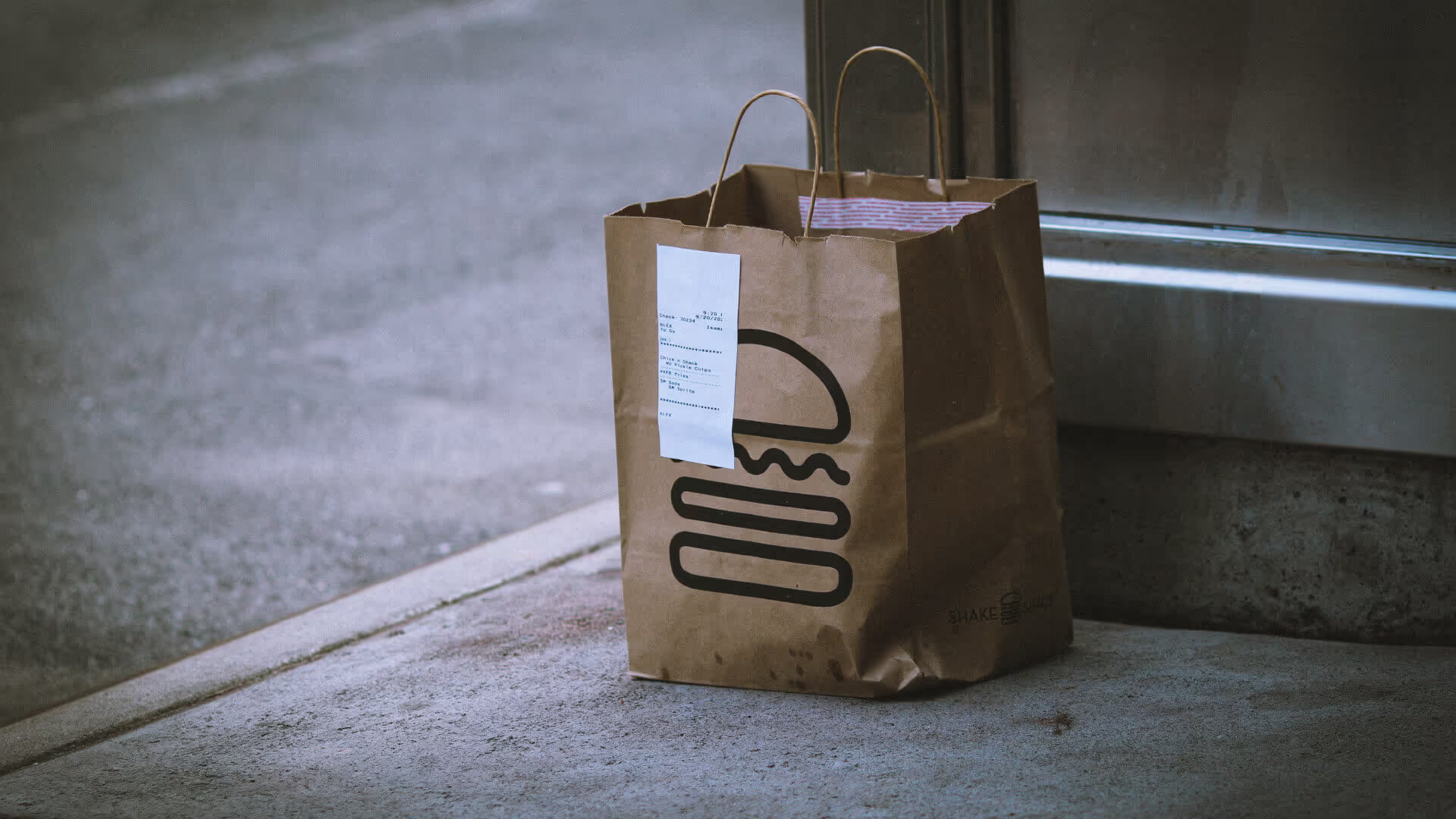


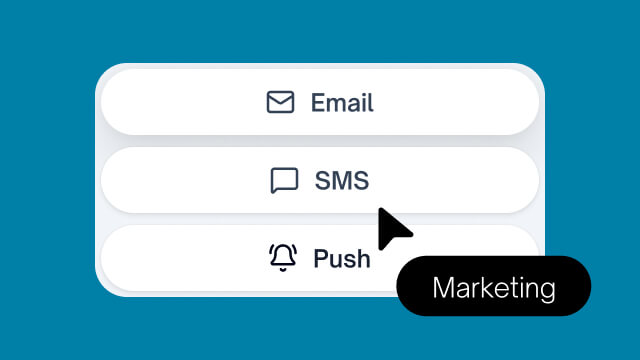
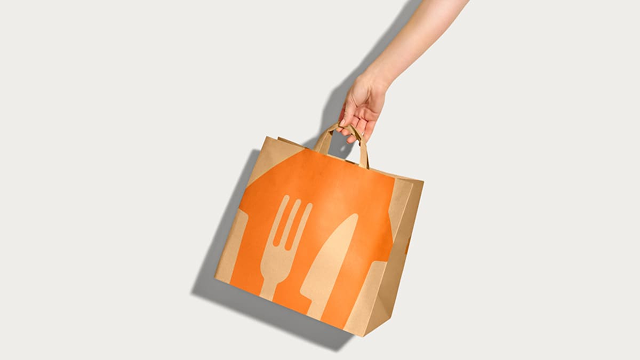
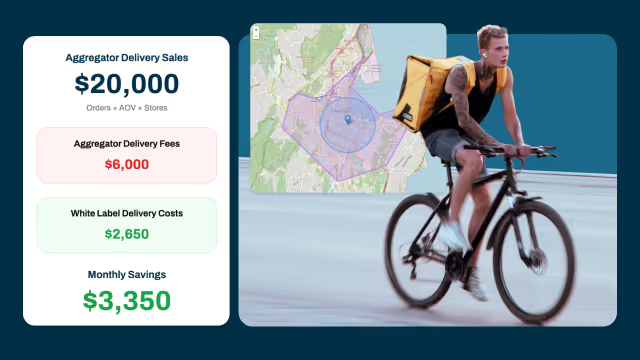
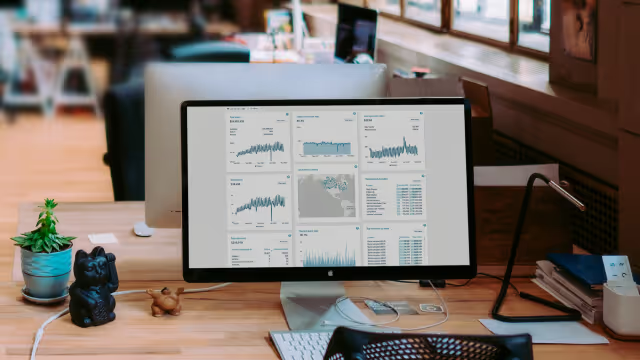
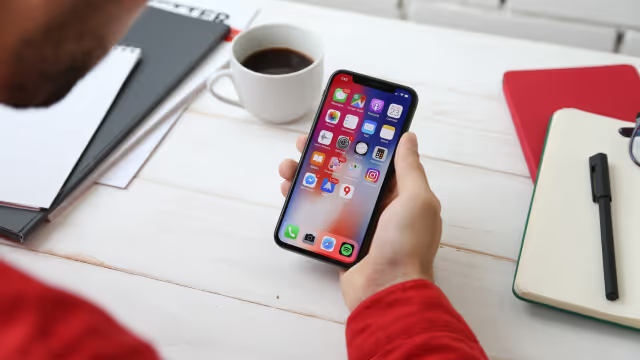

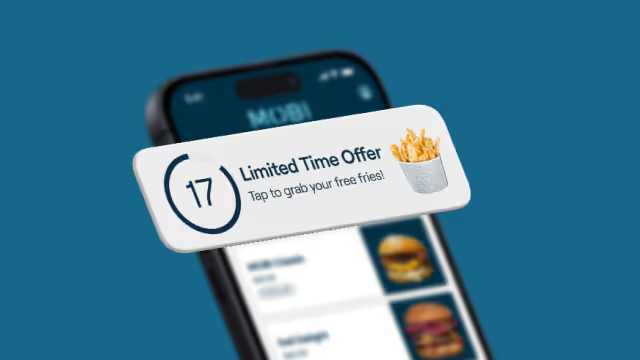
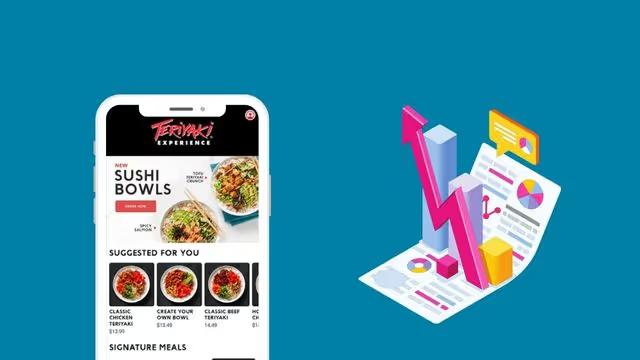
.avif)
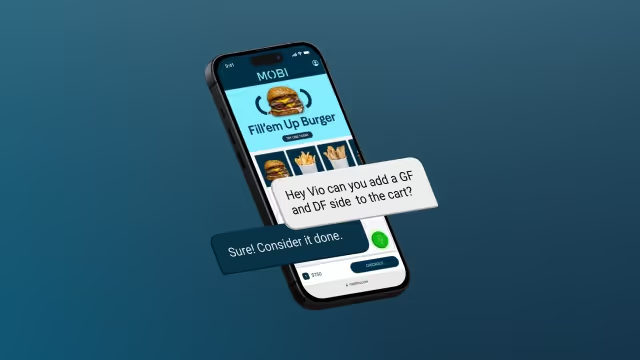
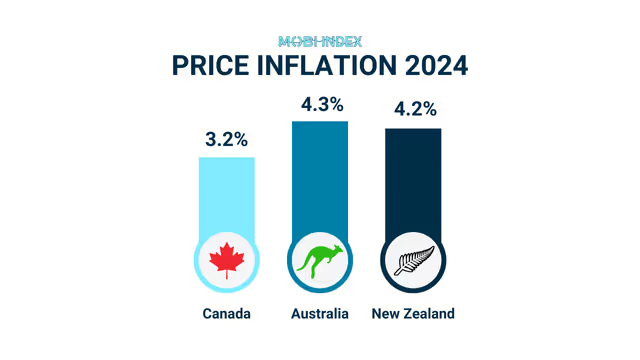

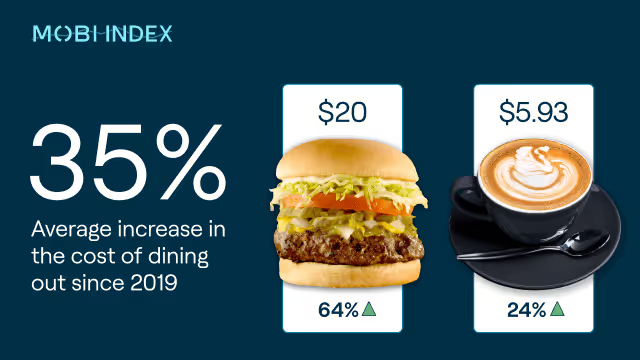




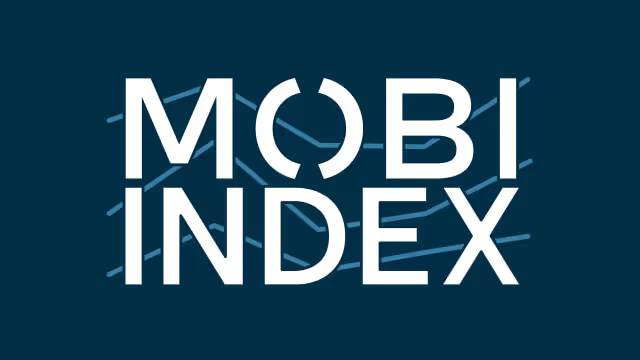
.avif)
.avif)


.avif)

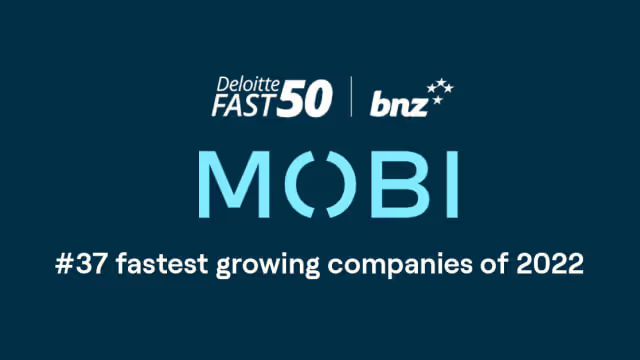
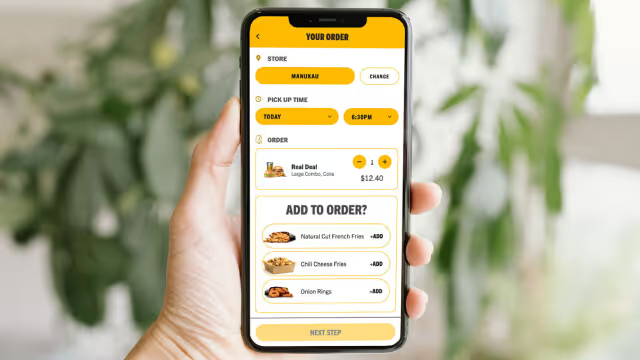

%203.avif)





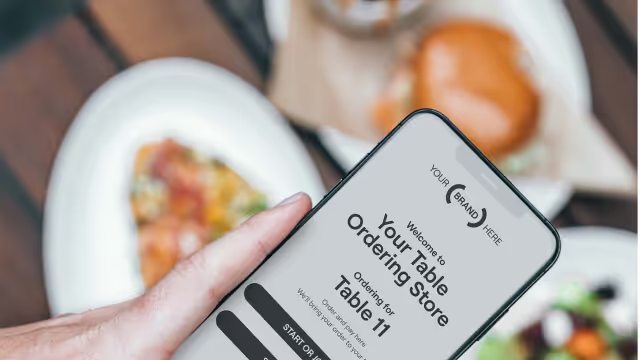

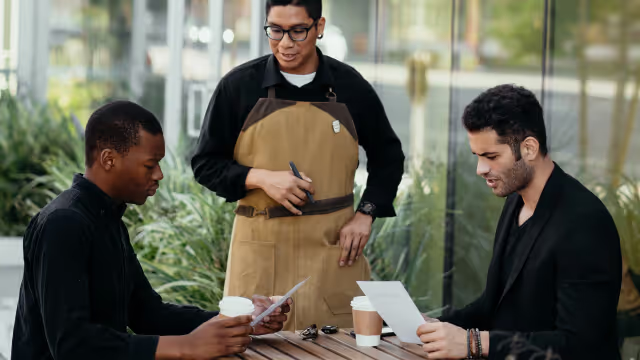
%203.avif)

%203.avif)


